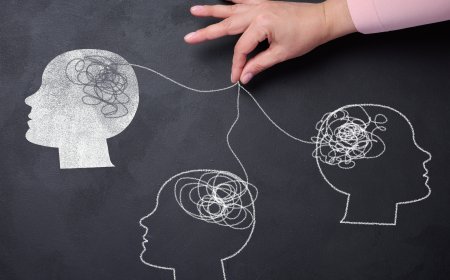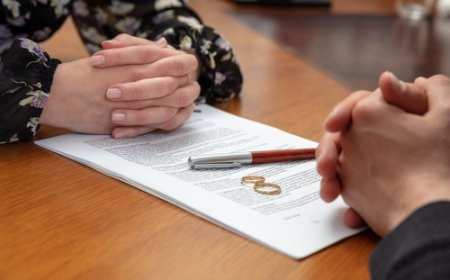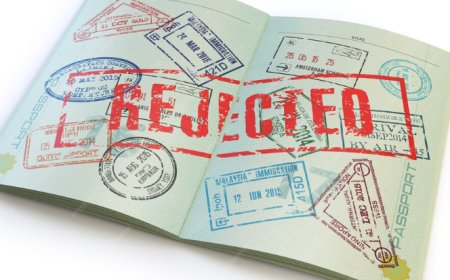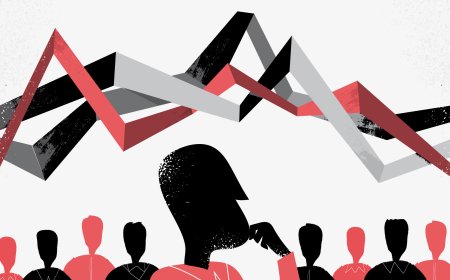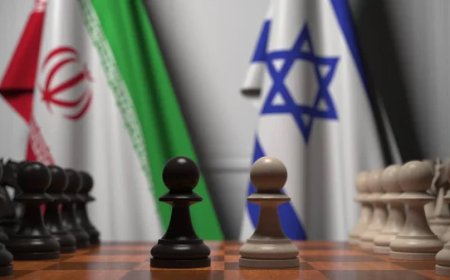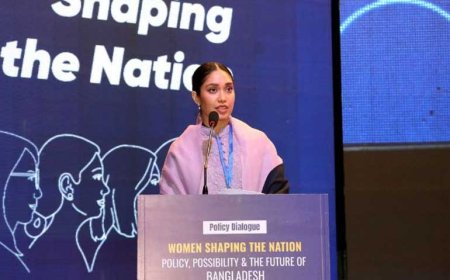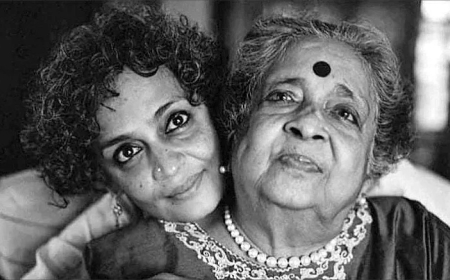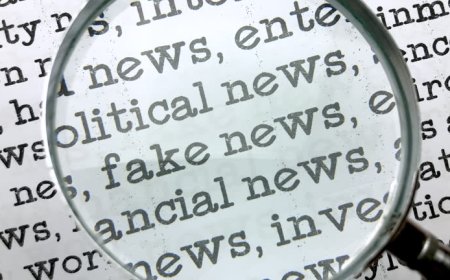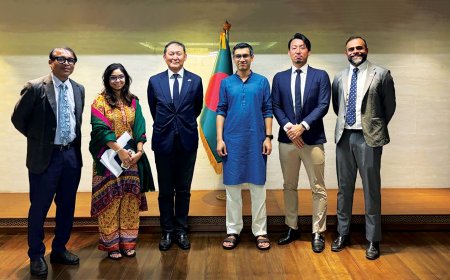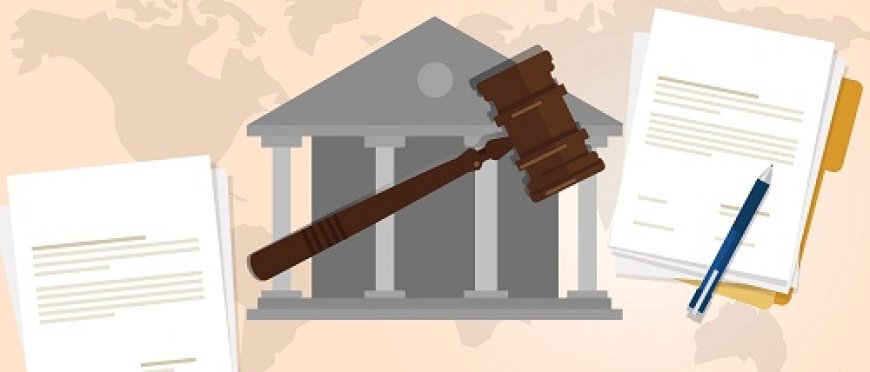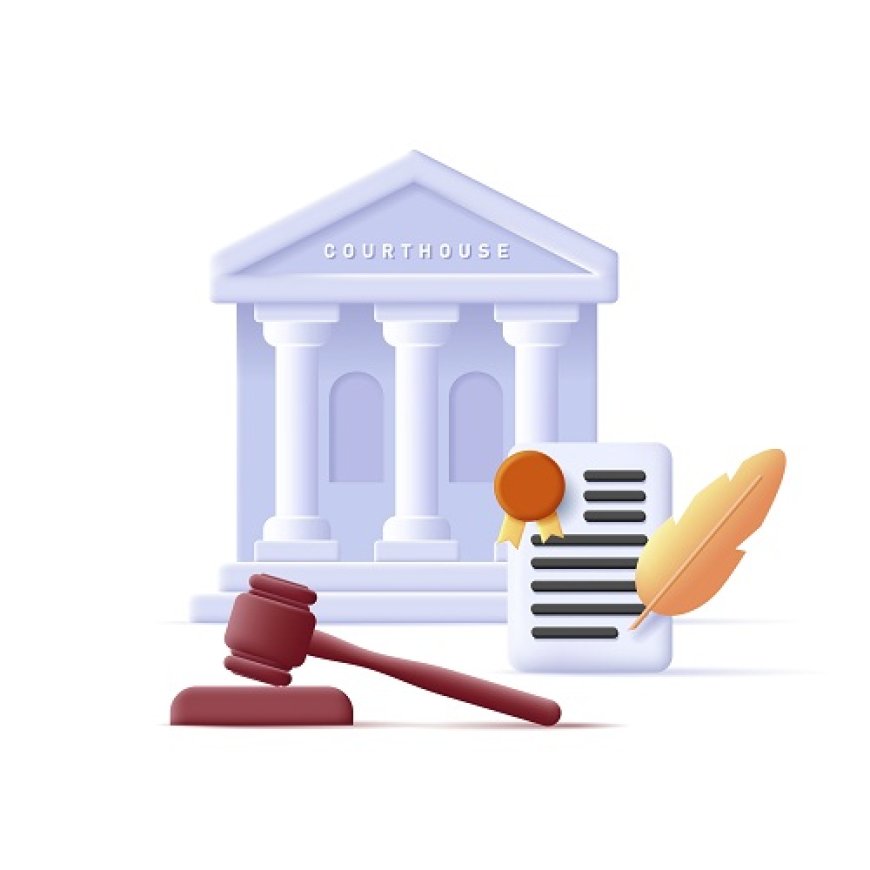No to a “Second Republic” -- Reform, Not Reinvention (and a True National Archive)
We don't need a new constitution, we need targeted reforms to preserve and improve it. And 2024 was not a repudiation of 1971 -- it was a continuation of its ideals.
I do not support scrapping our constitution or declaring a “Second Republic.” The problem in Bangladesh has never been the parchment -- it’s the politicians who trample it.
What we need are surgical amendments: stronger checks and balances, judicial independence, and bulletproof protections for free and fair elections. Not a reckless constitutional reboot.
I was reminded of this at the 100th birth centenary of Tajuddin Ahmad, where I met several decorated Birs -- the real liberators of Bangladesh. These men once stared down the Pakistani war machine in 1971. Every one of them told me the same thing: they did not fight for Sheikh Mujibur Rahman or the Awami League. They fought to end the massacres, the language suppression, and the daily humiliation of West Pakistani rule. They fought for Bangladesh -- not for a party flag.
And they are not stuck in nostalgia. In fact, they were happy and proud to see Gen Z achieve the 2024 revolution, viewing it as a continuation of their own struggle -- the same spirit of standing up to oppression. So why sideline them now in favour of political theatrics? Why erase their voices while rushing to rewrite the constitution in the image of one party’s vision?
We’ve seen this before. During the Awami League’s tenure, history was rewritten with Sheikh Mujib at the centre, eclipsing the contributions of every other founding father -- including Tajuddin Ahmad, who led the provisional government through our darkest days. That distortion must never be repeated.
History offers us a clear parallel. In 1776, America won its independence first and then drafted a constitution to give that freedom a lasting structure. In 1971, Bangladesh did the same -- independence first, then our own constitution to define the newborn state.
Later internal conflicts -- America’s Civil War in 1861-65 and Bangladesh’s 2024 revolution -- were not fought to destroy those constitutions, but to preserve and improve them. In America’s case, the victors didn’t burn down the Constitution of 1787; they amended it to meet the moral and political demands of the time.
The 13th Amendment abolished slavery, the 14th guaranteed equal protection under the law, and the 15th secured voting rights regardless of race. Those changes strengthened the republic instead of replacing it wholesale.
Similarly, Bangladesh doesn’t need to discard its constitution -- it needs targeted reforms that close loopholes, protect rights, and prevent future abuse.
The National Citizen Party (NCP), however, is pushing to throw it all away. Convener Nahid Islam has declared: “By casting off the old and embarking on a new journey for the state, our first pledge is to adopt a new constitution through a constituent assembly.”
Their 24-point manifesto commits openly to a “Second Republic.”
Nahid doubled down at the Shaheed Minar: “We couldn’t return home in peace after toppling one fascist regime while keeping alive the prospect of another.”
And now, the so-called July Declaration, which some in the NCP and their allies wish to elevate as a founding document, is itself a warning sign.
Even journalist David Bergman -- whose broader interpretation I don’t entirely share -- has pointed out glaring omissions in this text. It sidesteps critical chapters of our history, such as:
The 1971-72 international diplomacy that secured Bangladesh’s global recognition -- a diplomatic struggle that was vital to legitimizing our sovereignty -- is barely acknowledged.
The 1980s pro-democracy movements that toppled Ershad’s dictatorship are reduced to a footnote, erasing the courage of ordinary citizens, student leaders, and civil society who risked everything to restore democratic governance.
Whether one agrees with Bergman’s overall framing or not, the point stands: the July Declaration does not tell the whole truth. It replaces one selective version of history with another. And if we let such a document become the moral or legal foundation of a new republic, we are simply trading one partisan narrative for a different one -- and losing the full truth in the process.
We don’t need to rewrite history again. We need to put it right. Every truth -- uncomfortable or glorious -- must come out and be preserved in a true National Archive.
Why a National Archive Matters
A national archive is not just a building full of dusty files -- it is the country’s collective memory, immune to the spin of whichever party happens to be in power.
Without it, the truth of 1971 and 2024 becomes whatever the ruling class decides to print in the textbooks.
With it, future generations can access unaltered documents, testimonies, and records -- from Tajuddin Ahmad’s provisional government to the voices of Birs who fought without party allegiance, to the unfiltered story of the 2024 revolution.
Such an archive must preserve every truth -- the triumphs and the failures -- so that no political faction can erase or rewrite the past to suit its narrative.
History is not clay for politicians to shape. It is the bedrock of our identity. And that bedrock must remain untouchable.
What's Your Reaction?









